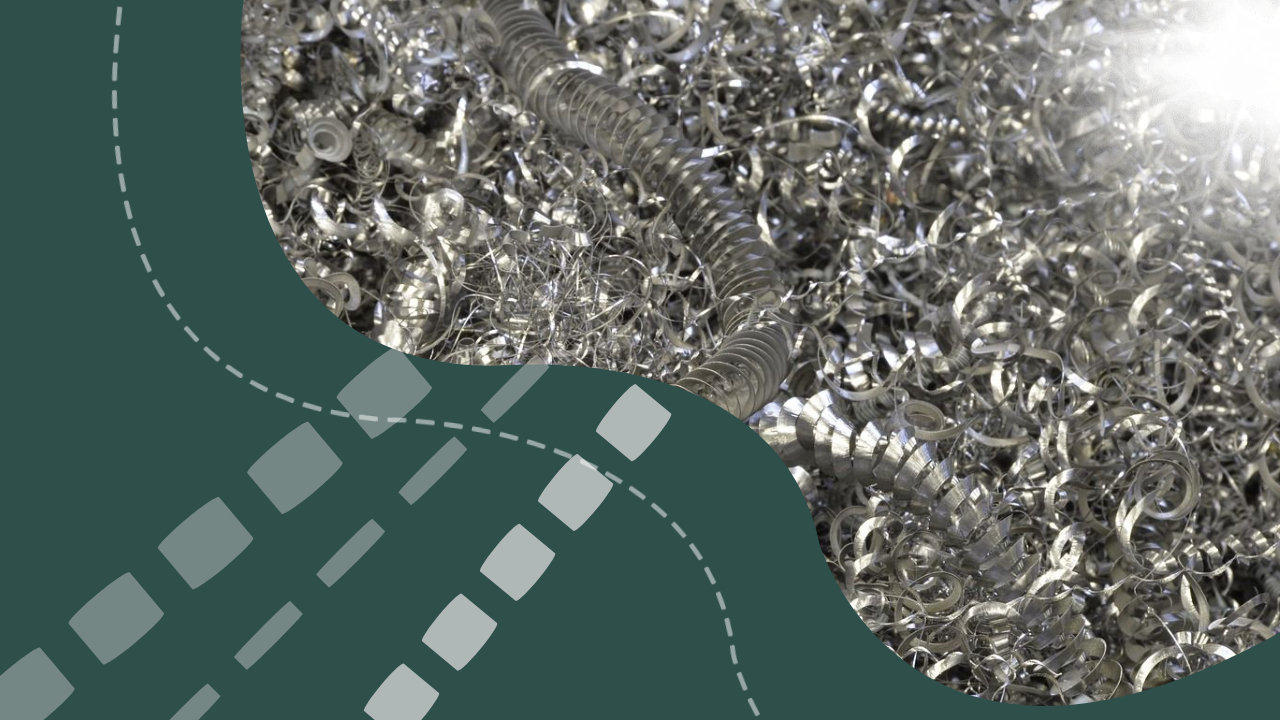A new agreement between Australia and the European Union (EU) aims to bolster the supply of critical minerals and technology, marking a significant step toward comprehensive free trade negotiations. Signed by Australian Trade Minister Don Farrell and Resources Minister Madeleine King, alongside EU Trade Commissioner Valdis Dombrovskis and Internal Market Commissioner Thierry Breton, the memorandum of understanding (MoU) focuses on several key areas of collaboration.
The agreement outlines the establishment of talks between officials from both sides and enhanced information sharing, with a roadmap to be developed within six months. One of the primary goals is to attract European investment into Australian renewable energy projects. Senator Farrell emphasized the need for international capital to help Australia extract, process, and add value to its mineral resources.
Key objectives include identifying and developing projects together, enhancing business links in the critical minerals sector, and fostering closer cooperation on research. The partnership is designed to strengthen Australia’s domestic critical mineral sector and help the EU diversify its suppliers for materials necessary for the green and digital transition.
A significant aspect of the agreement is its aim to reduce over-reliance on China, aligning with broader efforts by the United States, Australia, and Europe to increase domestic manufacturing and reduce dependency on China, which currently dominates the critical minerals supply chain. Critical minerals such as lithium, nickel, and cobalt are essential for producing batteries and renewable energy technologies, crucial for achieving net-zero emissions by 2050. These minerals are also vital for manufacturing microchips and advanced technologies, including defense capabilities.
Australia holds significant deposits of critical minerals, including 52% of global lithium production, making it a key player in the global supply chain for low-emission technologies.
The MoU is seen as a positive step towards resuming free trade agreement negotiations, which had stalled over agricultural product discussions. Senator Farrell noted that this agreement reflects the EU’s understanding of the importance of the Australia-Europe relationship, particularly concerning the decarbonization of economies. The agreement underscores the pivotal role of Australia’s critical minerals in the clean energy transition, helping both Australia and its export partners meet climate commitments.

